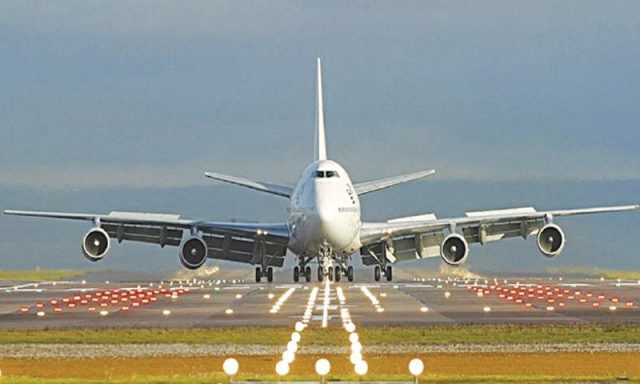UK Prime Minister Keir Starmer has launched a sweeping overhaul of the country’s immigration policies, promising to “finally take back control” of Britain’s borders in a dramatic shift aimed at curbing legal migration and countering the rise of the populist right.
Speaking at a Downing Street press conference on Monday, Starmer unveiled the Labour government’s long-anticipated Immigration White Paper, which includes a raft of restrictions affecting work, family, and student visa routes. The policy represents a decisive move to the right on immigration and is being seen as a direct response to the electoral gains made by Nigel Farage’s Reform UK party in recent local elections.
Net Migration Surge Spurs Action
Starmer, who previously voted to remain in the EU and has a background as a human rights lawyer, said he was ending what he described as an “experiment in open borders.” Net migration reached 906,000 in 2023 and stood at 728,000 in the 12 months to June 2024 — nearly five times the average for the 2010s.
Read More: Trump reveals how he ended India-Pakistan war
Labour’s 2024 general election manifesto had pledged to “significantly” reduce net migration. On Monday, Starmer reiterated this commitment, stating that migration levels must fall “significantly” by the next election, expected in 2029. However, he refused to set a specific target. The PM warned that Britain risks becoming “an island of strangers” if action is not taken, though he also acknowledged that migrants “make a massive contribution” to the country.
Key Policy Changes
The new policy measures include:
- Extended Settlement Period: The minimum residency period before applying for settlement or citizenship will double from five to 10 years. However, high-skilled migrants who “play by the rules and contribute to the economy” may be fast-tracked.
- Stricter Language Rules: All adult dependents will now be required to demonstrate basic English proficiency, raising the threshold for integration.
- Student Visa Restrictions: The period during which international graduates can stay in the UK after finishing their studies will be cut from two years to 18 months.
- Work Visa Reforms: New visa rules will require skilled foreign workers to hold a university degree. Interior Minister Yvette Cooper said the government also aims to reduce the number of lower-skilled worker visas by 50,000 this year.
- End of Care Worker Recruitment Abroad: Visas for foreign social care workers will be closed to new applicants, a move heavily criticised by Care England, which described it as a “crushing blow to an already fragile sector.”
Criminal Deportation
The white paper also proposes tougher deportation measures. Currently, only foreign nationals who receive prison sentences are reported to immigration authorities. Under the new system, all foreign nationals convicted of any offence will be flagged for potential deportation.
This comes alongside a separate piece of legislation — the Border Security, Asylum and Immigration Bill — currently progressing through parliament, which focuses on irregular migration, particularly the issue of migrants crossing the Channel from France in small boats. Over 36,800 people made the crossing last year, with several dozen fatalities.
Political Fallout and Division Within Labour
Starmer’s move has drawn praise from some centrist commentators but also sparked criticism from within his own party. Labour MP Nadia Whittome accused the government of “mimicking the scaremongering of the far-right,” calling the rhetoric “shameful and dangerous.”
The shift risks alienating Labour’s traditional base of liberal and left-wing voters, some of whom may defect to the Greens or the Liberal Democrats. Nevertheless, the government is betting that tough immigration policies will neutralize the threat posed by Reform UK, which secured over 670 council seats and its first two mayoral victories in recent local elections. Farage, for his part, labelled Starmer a “hypocrite who believes in open borders,” dismissing the new policies as political posturing.
Read More: Kurdish militant group ends 40-year struggle against Türkiye
Starmer insists the policies will restore “control and fairness” to the immigration system. “Britain has been strengthened by people coming to start new businesses, study at universities, and do some of the toughest jobs in our country,” Cooper told Parliament. “But for immigration to be fair and successful, it must be properly managed.”














